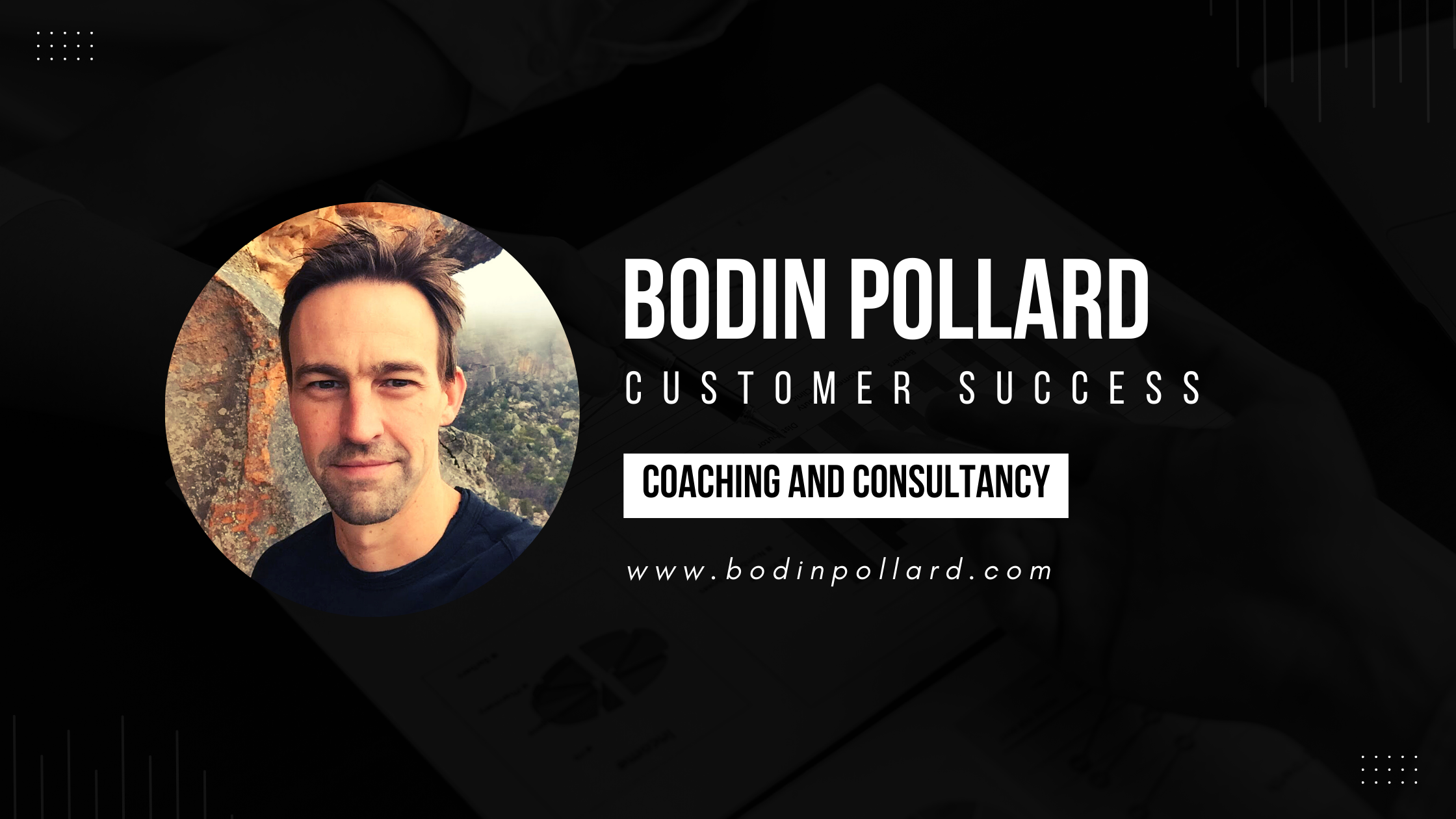Hey CS 👋🏼: Cut to the chase
You can spend a lot of time trying to “define Customer Success”, or you can cut to the chase and acknowledge that CS exists for one reason and one reason only:
To give a group of people who’ve already spent money on your products and services the evidence they need to spend more money than they already have.
Yep, that’s it: the existential explanation of Customer Success as a profession. When customers can’t produce the evidence by themselves, we need to do it for them… or they leave.
As I write this, I can feel the resistance and disagreement that I’m sure I’m creating in anyone who might read this (“But it’s so much more than that!!!” 😤), but hear me out — if a company’s customers reliably self-served their way to long-term success, does that company need a Customer Success function?
There might be some exceptions to the rule: like a company who’s fully embraced CLG (Customer Led Growth) as a revenue growth function (if that’s you, I’d love to meet you!), but in a tough economy, where business leaders are under pressure to minimise the “L” part of “P&L”, you don’t want to be in the “L” bucket.
To be fair, CS sits on both sides of P&L, which is why there’s no universally correct answer for where we sit in the org chart and is probably the definitive reason CS should have a seat at the table.
And that’s the crux of it: if we in CS don’t position ourselves as a revenue function, we lose our impact and spend our entire time defending ourselves.
In a small team in a start up, we’re at the coal face and we’re probably responsible for the renewal conversation. In a large enterprise team, we might have other colleagues handling the renewal. Either way, we’re accountable for many, many things: customer education, production adoption and expansion, surfacing customer results, voice of the customer, the list goes on.
But when you ask WHY we do all of those things, the answer’s always the same: to give the customer the evidence they need to spend more money.
That’s our accountability.
Conclusion
If you want that seat at the table, and don’t want to be constantly defending your existence, don’t be that CSM who simultaneously says “I don’t want to focus on customer revenue” AND “don’t call me Customer Support”. Any business leader hearing that immediately wants to know what you’re actually accountable for. 🤦
You must demonstrate your system for generating the evidence your customers need to spend money a second, third, and fourth time — in increasing amounts — and the system you’re running has to rise above the common CS complaints about the product gaps, the market forces, and all those things out of our control.
You’re in CS because you understand that if all of those things were perfect, you wouldn’t be necessary.
But they aren’t, so you are.
Focus on that and you’ll quickly realise that everything else is just detail.


